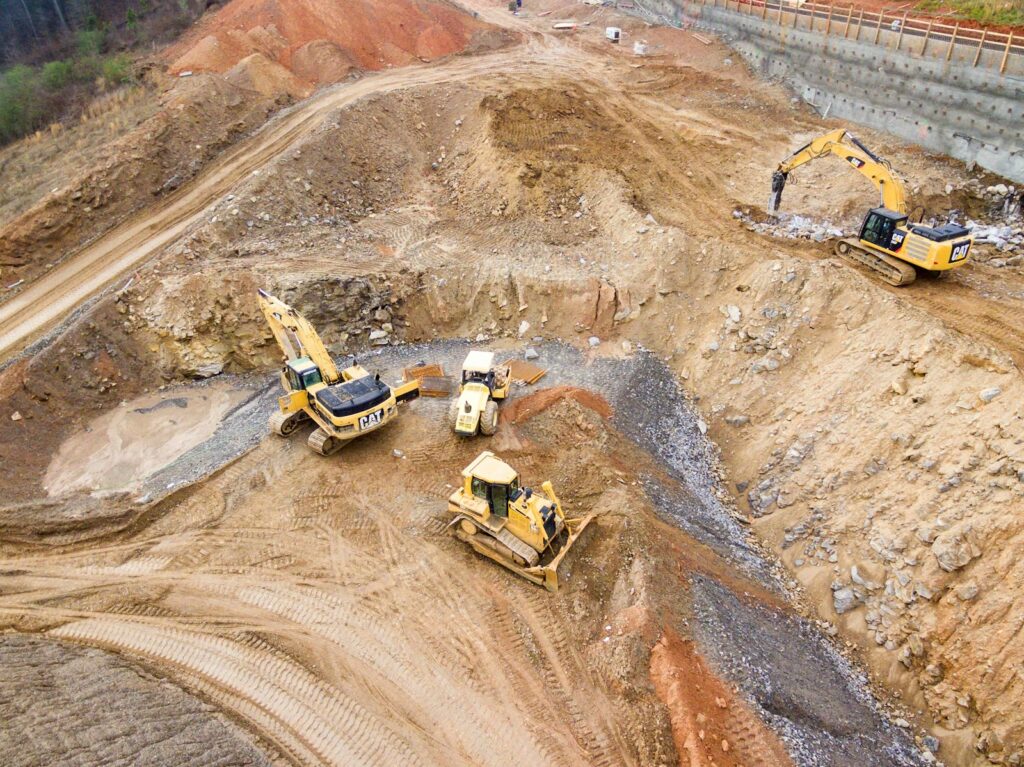Without urgent action, climate change will continue to cause severe flooding, warns an international group of researchers.
In a paper published in ScienceBrief Review, researchers analysed over 170 peer-reviewed scientific papers and found that extreme rainfall has increased the chance of floods occurring and their magnitude.
The analysis also suggests that increases in daily extreme rainfall rates have been observed globally and on continental scales throughout the 20th and early 21st centuries.
The findings show that the risk of flash flooding on urban areas has also likely increased in recent decades, due to the expanding impermeable landscape increasing surface runoff, and increased extreme rainfall.
Lead author of the study, Dr Stephen Blenkinsop, from Newcastle University’s School of Engineering, said: ‘Global warming means the atmosphere can hold more moisture and could also change the way storms behave. More intense rainfall extremes coupled with changes in other factors could increase the frequency and severity of flooding in many regions.
‘Even if action is taken to limit the extent of global warming we will need to improve our understanding of how extreme rainfall and flooding will change in the future in order to adapt our cities and other communities to more frequent or more extreme events.’
Adam Smith, from School of Environmental Sciences, University of East Anglia, added: ‘This is an active area of research and our review highlights that the science is becoming increasingly clear on how climate change influences extreme rainfall and how that combines with other factors to increase the chance of floods in many places.’
In related news, a report published by the environment, food and rural affairs select committee has criticised the government’s vague flood defence plans and warns that 5.2m properties are currently at risk from flooding.
It also highlights the need to provide long-term funding for the maintenance of existing and new flood defences.
In addition, the report examines the mental health impacts of severe flooding and calls for an action plan addressing this alongside the economic and physical effects.
Photo credit – Chris Gallagher
















